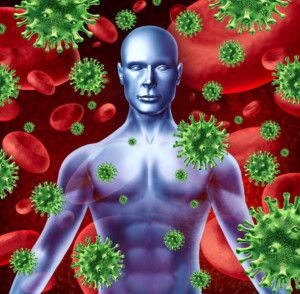What is a vaccine?
What is the Immune System and How does it Work?
 What is a vaccine? Definition.
What is a vaccine? Definition.
Vaccine: a preparation that is administered (as by injection) to stimulate the body’s immune response against a specific infectious agent or disease such as a bacterium or a virus.
Many vaccines are made from the virus itself, either weakened or killed, which will induce antibodies to bind and kill a live virus. (Merriam-Webster Dictionary)
Definition of a Vaccine: A vaccine is a biological preparation that provides active acquired Immunity to a particular infectious disease. A vaccine typically contains an agent that resembles a disease-causing microorganism and is often made from weakened or killed forms of the microbe, its toxins, or one of its surface proteins.
The agent stimulates the body’s immune system to recognize the agent as a threat, destroy it, and to further recognize and destroy any of the microorganisms associated with that agent that it may encounter in the future. (Wikipedia “vaccine”, with references)
Definition of a vaccine: A vaccine forces your immune system to make antibodies against a specific disease, usually with a dead or weakened form of the germs. Then, if you come into contact with them again, your immune system knows what to do. (WebMD www.webmd.com)
This is called acquired, adaptive, or natural immunity.
Because the adaptive immune system is constantly learning and adapting, the body can also fight bacteria or viruses that change over time. (from the below reference).
How does the immune system work?
From InformedHealth.org
Ref: https://www.ncbi.nlm.nih.gov/books/NBK279364/
Sign up to receive the MCVitamins Newsletter!
Up-to-date info on the latest health-related news happening in the world
(available in English only)

